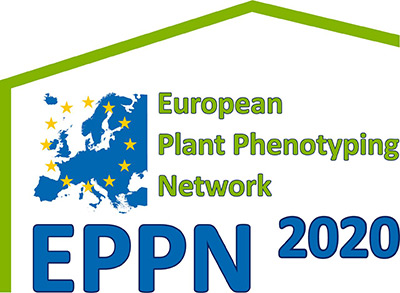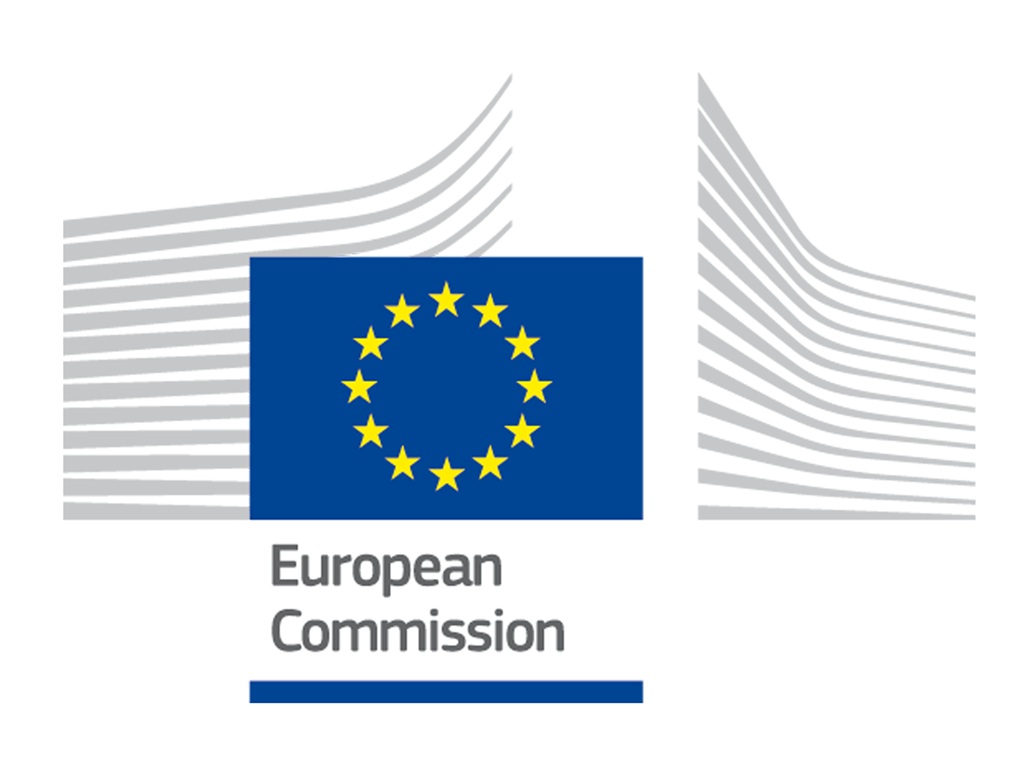Computer Vision in Plant Phenotyping and Agriculture (CVPPA) Workshop at ICCV 2021
This workshop plans to showcase the challenges raised by working on computer vision for plant phenotyping and agriculture. Workshop goals include demonstrating the state-of-the-art, identifying key unsolved problems, and introducing computer scientists with an interest in plant phenotyping to the field. Effective plant phenotyping is urgently needed to support the sustainability of our planet and its inhabitants: having strong community structures and computer vision scientists enter this field is more crucial now than ever.
CALL FOR PAPERS
Following successful CVPPP workshops from recent years at ECCV, BMVC, ICCV, and CVPR, CVPPP this year is held in conjunction with ICCV 2021. In this seventh workshop we aim to expand the scope of CVPPP to include computer vision research in agriculture more broadly. To reflect this change the organizers have renamed the workshop to CVPPA: Computer Vision in Plant Phenotyping and Agriculture. The goal of the workshop remains to extend the state of the art in computer vision for plant and crop applications.
Â
Submission due (full paper or 1 page abstract): 16 July 2021
Â
Notification of acceptance: 06 August 2021
Â
Camera-ready (papers and abstracts): 17 August 2021
Â
Workshop date: 11, 16 or 17 October 2021 (TBA)
Â
Workshop topics:Â
Plant phenotyping is the identification of effects on plant structure and function (the phenotype) resulting from genotypic differences (i.e., differences in the genetic code) and the environmental conditions a plant has been exposed to. Knowledge of plant phenotypes is a key ingredient of the knowledge-based bioeconomy, which not only literally helps to feed the world, but is also essential for feed, fibre and fuel production.
Computer vision in agriculture problems tend to revolve around automation problems, such as automated detection of plant organs for automated weeding or harvest. The images are acquired in a variety of contexts: forests, fields, greenhouses or controlled environments, packing houses, etc. Since these definitions are quite broad, please contact the organizers if you are unsure about whether your submission is in the scope of the workshop.
We want to identify key but unsolved problems, expose the current state-of-the-art, and broaden the field and the community.
Specific topics of interest include, but are not limited to, the following:
- advances in segmentation, tracking, detection, reconstruction and identification methods that address unsolved plant phenotyping and agricultural scenarios;
- open source implementations, comparison and discussion of existing methods and annotation tools;
- image data sets defining plant phenotyping or agricultural tasks, complete with annotations if appropriate, accompanied with benchmark methods if possible, and suitable evaluation methods; and
- challenge contributions advancing the state of the art in the:
 - Global Wheat Head Detection Challenge 2021 (http://www.global-wheat.com/).
 - Leaf Segmentation Challenge (https://www.plant-phenotyping.org/CVPPP2017-challenge),
 - Leaf Counting Challenge (https://data-challenges.fz-juelich.de/web/challenges/challenge-page/85/overview)
 Â
Further information and submission guidelines: We welcome both full papers and one page abstracts [will appear on the CVPPA website, only].
Full papers as well as abstracts undergo double blind peer-review. Further information about the workshop, author instructions, submission guidelines, and the challenges are available at: https://cvppa2021.github.io/
We are looking forward to inspiring solutions for automated plant phenotyping and agricultural applications!
Â

